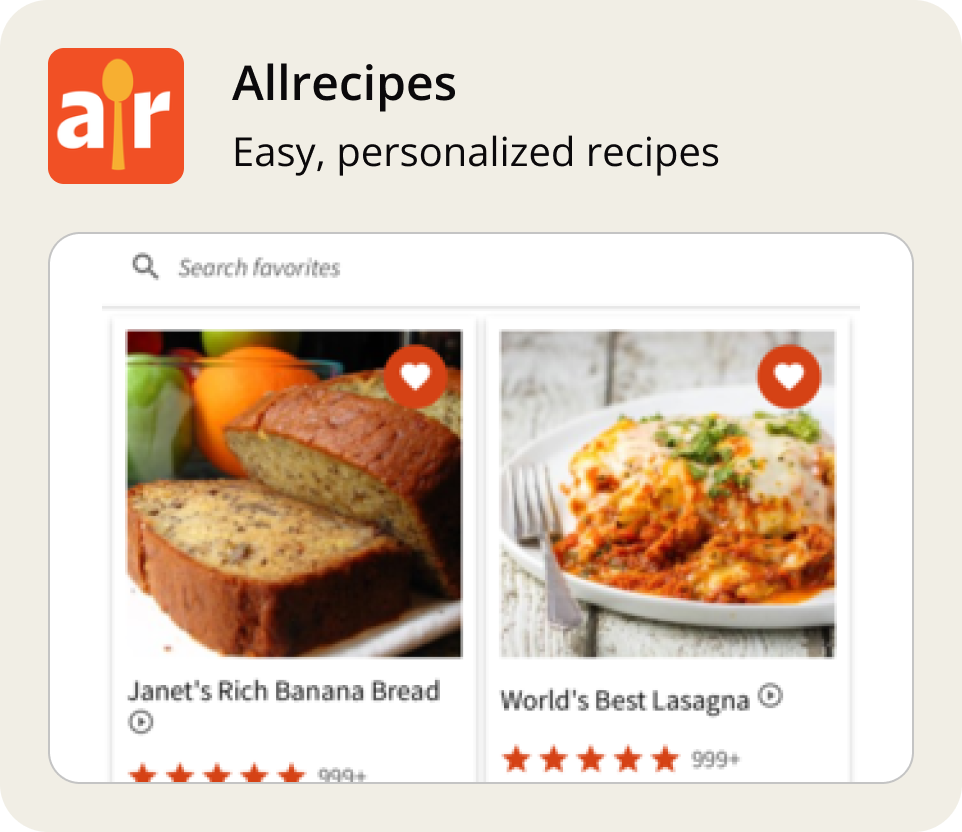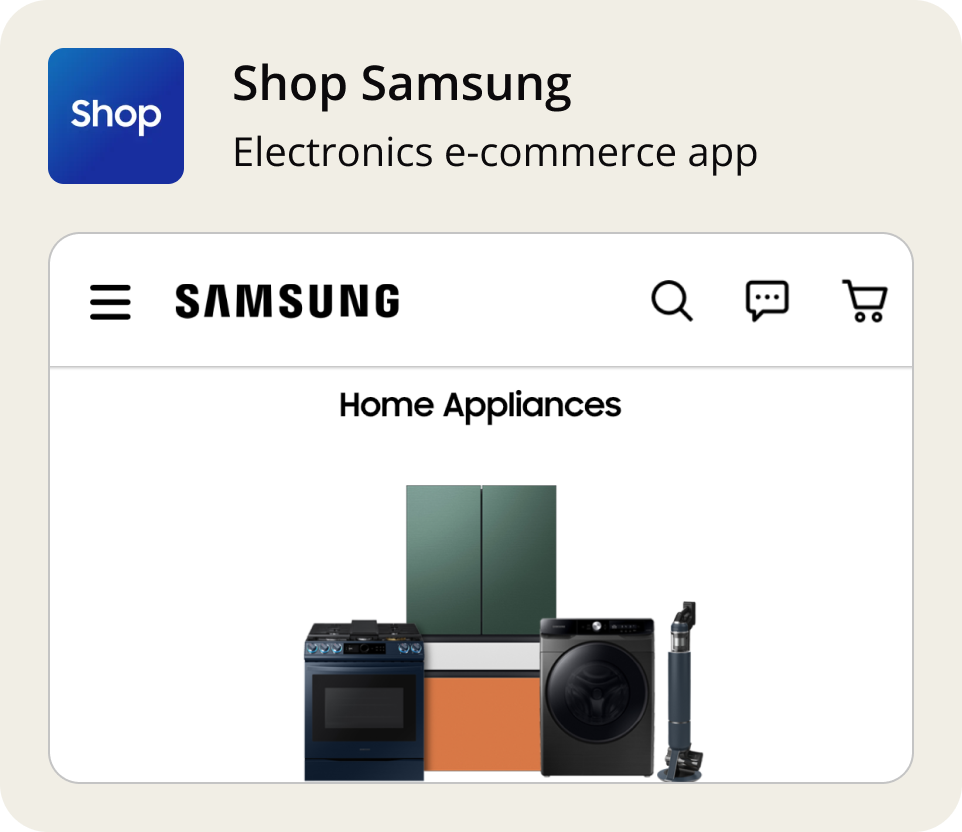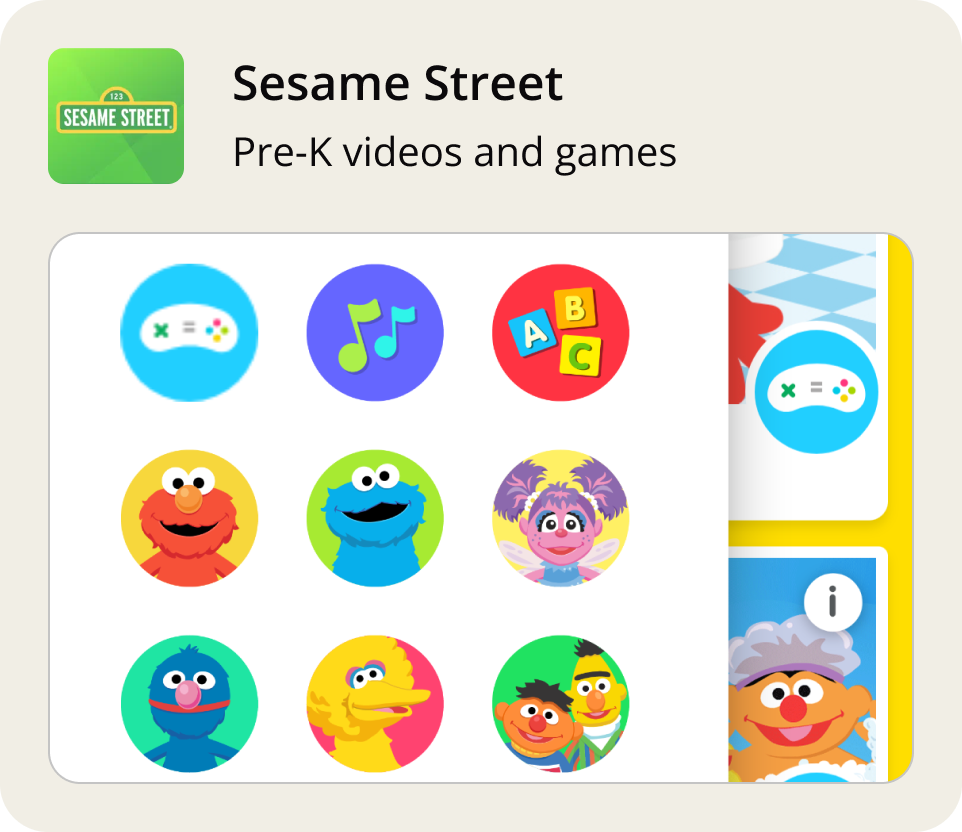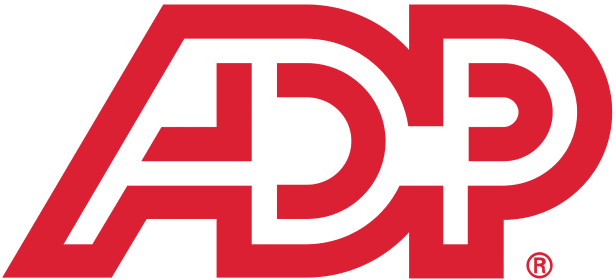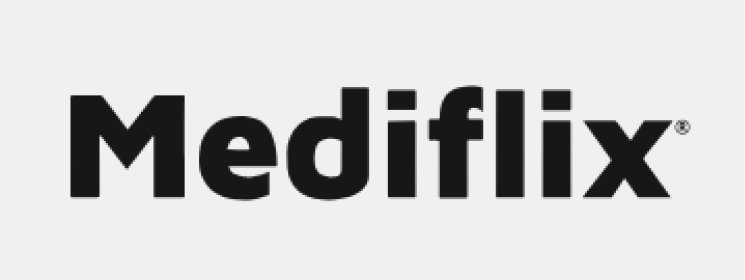We are
Perpetuating.
We partner with visionary clients to deliver transformative digital solutions.
App downloads
Years from Web 2.0 to AI
Apps built
Clients and partners
Relentless Problem Solvers
We’re a multi-disciplinary team of multi-platform developers, designers and business people with deep roots in mobile app development, UX, AI and change management.
Innovative
Thought Partners
Building smart digital solutions begins with understanding our clients and their customers. We do more than deliver a great product, we become a true partner.

For Enterprise and
Emerging Companies
Our clients run the gamut from global brands to start-ups. What we bring to all of our partners is the expertise to develop digital solutions that propel your business forward.

